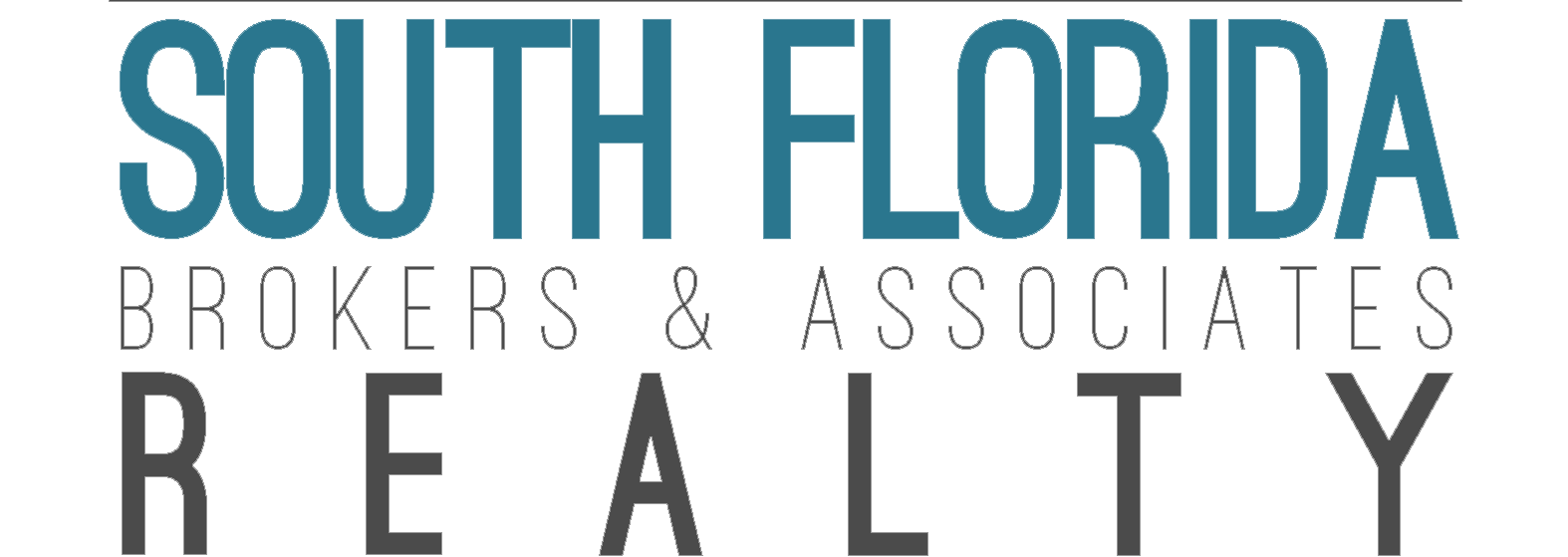Foreign buyers still continue to fuel the South Florida Market

 Foreign buyers still continue to fuel the South Florida Market. Miami was the second highest visited market on the web in February – this was according to the National Association of Realtors.
Foreign buyers still continue to fuel the South Florida Market. Miami was the second highest visited market on the web in February – this was according to the National Association of Realtors.
Fort Lauderdale was the fifth most searched market and our nearby nearly Orlando scored out in fourth place. All in all the data places Florida at the top of the most desired location in the US by overseas buyers.
Home buyers can still find down payment assistance

 TALLAHASSEE, Fla. – April 25, 2014 – Home buyers still have access to down payment assistance grants, interest-free second mortgages and other special home loan programs, provided they have decent credit and documented income in Florida
TALLAHASSEE, Fla. – April 25, 2014 – Home buyers still have access to down payment assistance grants, interest-free second mortgages and other special home loan programs, provided they have decent credit and documented income in Florida
However, many borrowers don’t realize that home buying aid isn’t reserved for just low-income individuals, and money available through state and local housing agencies often goes unused.
Some down payment assistance programs “are for working people who make a decent income but don’t have enough to save for a down payment,” says loan specialist Deborah Holloway of Melbourne, Fla.-based Shelter Mortgage Co.
Some buyers qualify for down payment assistance even though they earn upwards of 120 percent to 140 percent of the median area income. Buyers should check the websites of the housing authority in their state for a list of programs and participating lenders.
Meanwhile, some lenders – like TD Bank Group – have created their own loan initiatives for first-time buyers with low down payments, and buyers also have access to Fannie Mae’s HomePath program, which requires only 5 percent down. A first step for Floridians checking to see if help is out there: The Florida Housing Finance Corporation. It’s the state window for funneling money from federal and state programs into the hands of prospective homeowners.
Source: Bankrate.com (04/22/14) da Costa, Polyana © Copyright 2014 INFORMATION, INC. Bethesda, MD (301) 215-4688
Easier Home Loan to assist housing recovery 2012
Easier Home Loan to assist housing recovery 2012, Capital Economics recently reported the possibility to the end of the US housing crises, late this year. This much awaited housing recovery may in part be due to the banking industry loosening up credit requirements to borrowers. We should not expect to go back the boom days when anyone with even a moderate credit score could get a loan. Buyers can expect to carry a credit score of 700 or greater to qualify according to the analytic firm.
borrowers. We should not expect to go back the boom days when anyone with even a moderate credit score could get a loan. Buyers can expect to carry a credit score of 700 or greater to qualify according to the analytic firm.
In addition, to credit score; buyers will need to prove income (the days of the stated income loans are far gone); however, the good news is that it is expected that qualified buyers will be able to borrow roughly 3.5 times their annual income, this up from 3.2 from the crises; according to the report.
Furthermore, banks are expected to increase the LTV (Loan to Value Ratio) to 82% up from 74%.
As brokers we have personally seen many cash buyers and agree that the opening up of available credit to qualified buyers would most certainly assist in the housing recovery. Buyers requiring financing would be able to come off of the fence and begin to reduce the inventory levels. Capital Economics recently reported the possibility to the end of the US housing crises, late this year. This much awaited housing recovery may in part be due to the banking industry loosening up credit requirements to borrowers. We should not expect to go back the boom days when anyone with even a moderate credit score could get a loan. Buyers can expect to carry a credit score of 700 or greater to qualify according to the analytic firm.
In addition, to credit score; buyers will need to prove income (the days of the stated income loans are far gone); however, the good news is that it is expected that qualified buyers will be able to borrow roughly 3.5 times their annual income, this up from 3.2 from the crises; according to the report.
Furthermore, banks are expected to increase the LTV (Loan to Value Ratio) to 82% up from 74%.
As brokers we have personally seen many cash buyers and agree that the opening up of available credit to qualified buyers would most certainly assist in the housing recovery. Buyers requiring financing would be able to come off of the fence and begin to reduce the inventory levels.
Recently created Uniform Guidelines for Foreclosures
The Feds recently adopted guidelines which will apply to Fannie Mae and Freddie Mac backed loans which are possible foreclosures. These changes may take effect as soon as the end of 2011.
The new guidelines will include the following:
Servicers may not apply the “dual track” tactic; that is to say a servicer may not both work with a borrower to avoid foreclosure while at the same time proceeding with a foreclosure.
Loan servicers must contact a borrower as soon as they enter the delinquent status with their loan and as long as both parties are showing “good faith” to resolve the issue a foreclosure may not be started.
Servicers must “formally” review each case before starting a foreclosure.
There will be rewards for fast loan modifications; the lender / servicer will receive $1600 for a loan modified in under four months, those that take longer will have reduced rewards.
If a foreclosure is already in process and the servicer works out a modification the servicer may still be eligible for a reward.
The entire modification process is being simplified with less forms and less red tape.
If you are a borrower / home owner and you are having trouble with your loan payments be sure to contact your lender, be proactive; you may be able to modify instead of allowing your home to go to a foreclosure sale.
Are increasing insurance rates making home ownership unaffordable?
Are increasing insurance rates making home ownership unfordable? The rise in homeowner’s insurance premium is making home ownership more costly. Citizens Insurance the state’s largest insurer can be expected to ask for yet another rate hike.
Homeowners are really starting to feel the pinch across the state. Citizens currently has over 1.3 million policies written with 45% of those policies located in Miami-Dade, Broward and Palm Beach counties. Owners in these higher risk areas of South Florida find themselves having to turn to Citizens as this is the only option they have in many cases. Several private insurance companies will not write wind policies in these counties east of I-95 (obviously a heavily concentrated area).
Citizens had an increases of 10% granted in September 2010 which took effect on most policies in January and February 2011; and policy holders can expect an additional increase to be passed this year of up to 11.2%. Although the maximum hike is currently capped at 10% annually, there is legislation which may go to the floor as early as this week which would increase the cap to 15%.
However, policy holders must also realize that citizens had a rate freeze for three years (2007, 2008 and 2009). Therefore prior to 2010 the last increase was in 2006.
If you are in the market to purchase a home be sure to check the insurance rates you will be paying during your due diligence period. Your realtor should be able to refer an insurance agent.
If you are a current home owner and you are experiencing rate hikes contact your insurance agent prior to the renewal of your policy and explore options to reduce your rate. Some policies may allow you to reduce the amount of insurance for personal property or perhaps they allow you to insure the depreciated value versus the replacement cost of your personal property. In addition, a homeowner could consider raising their deductible to offset costs. Although no one wants a higher deductible when a storm hits or other mishap occurs measuring out your options is always helpful.
Mortgage Rates Falling
The interest rate on a standard 30 year mortgage has stayed below the 5% mark. Are mortgage rates falling? Last week the rate fell again. It dropped to 4.8% down from the previous week of 4.91%. The lowest rate was at 4.17% (November 2010), and this was the lowest recorded rate in 40 year.

The 15 year rate followed the same pattern dropping to 4.02% from the previous 4.13%. The lowest
in had previously been was 3.57% back in November 2010; and that was the lowest since 1991.
It is a fantastic time to lock in rates or to purchase a new home if you need financing. Not only is
inventory high enough to keep prices down and give the buyer ample options but rates are still at
historically low levels.
To give you an idea you can calculate your mortgage payment for a $250,000.00 loan to be $1311.66 for principle and interest at 4.8%.
Keep in mind that financing is a complicated issue so it is always best to deal with a competent mortgage broker. Many factors play into the banks calculation of your qualifications; your credit, your income, your other financial obligations and your cash reserves and down payment are some of the items taken into consideration.
